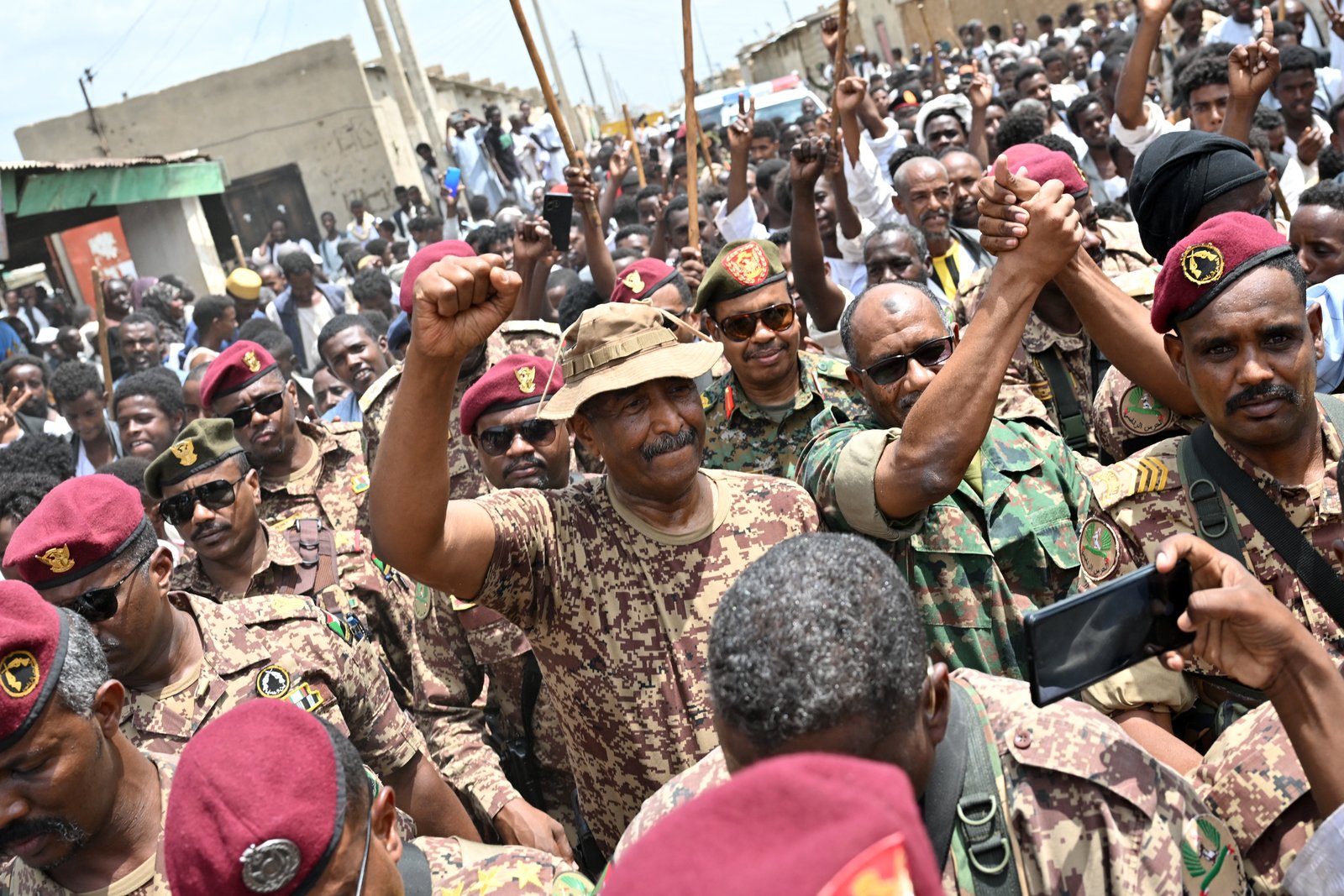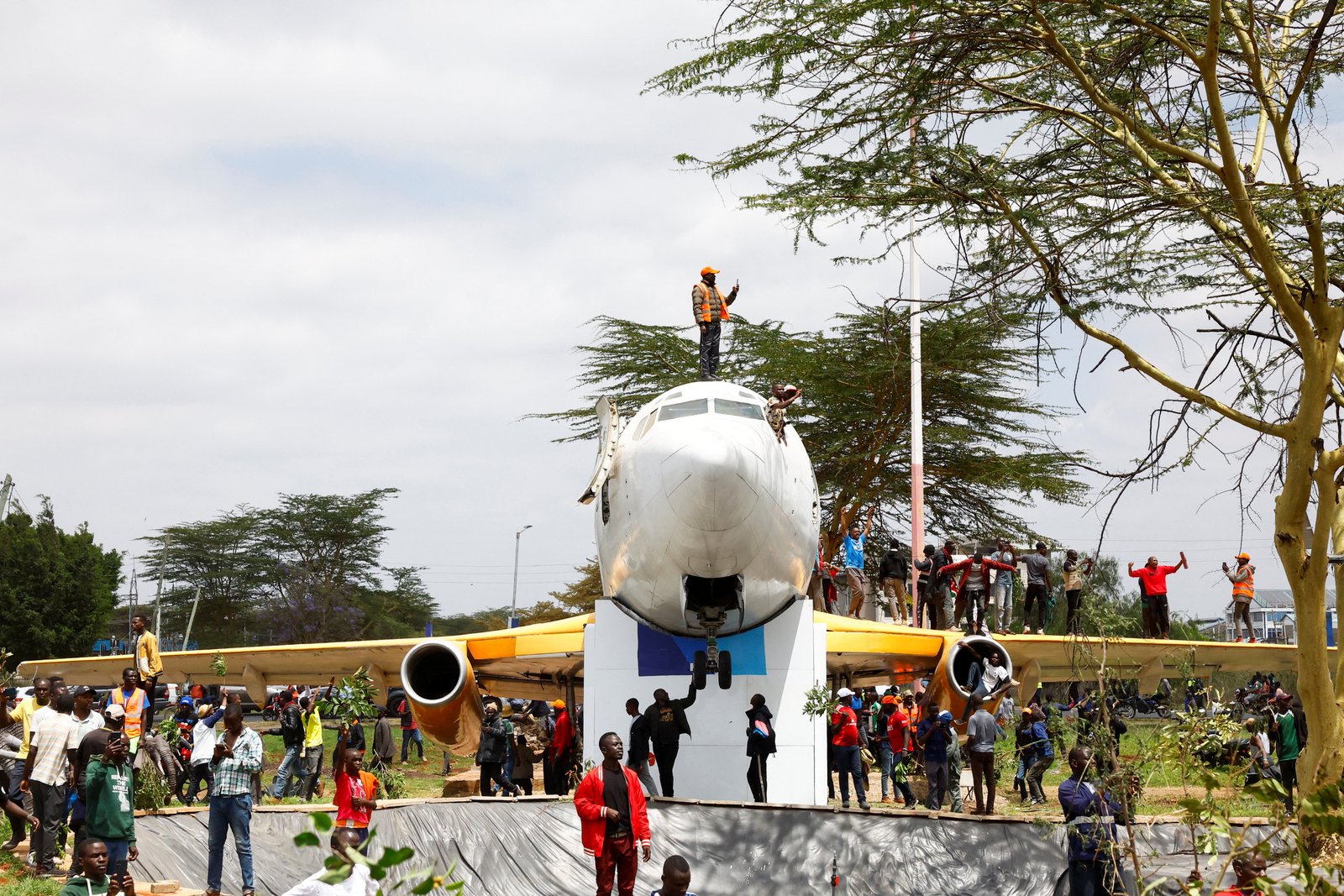Sudanese Army Achieves Major Victory Against RSF Rebels, Gains Control of Khartoum Region, Frees 4,700 Prisoners
The Sudanese Army announced on Saturday that it had seized the crucial market, Souq Libya, in the picturesque city of Omdurman, Khartoum.
Sudanese Army Achieves Major Victory Against RSF Rebels, Gains Control of Khartoum Region, Frees 4,700 Prisoners
Sudanese Army Achieves Major Victory Against RSF Rebels, Gains Control of Khartoum Region, Frees 4,700 Prisoners
The Sudanese Army announced on Saturday that it had seized the crucial market, Souq Libya, in the picturesque city of Omdurman, Khartoum. This move follows a series of recent successes by the army in its offensive against the Rapid Support Forces (RSF). The army stated that it had gained control of the Souq Libya market in western Omdurman, confiscating weapons and equipment abandoned by RSF forces during their retreat. Souq Libya is one of Sudan's largest and most important commercial centers.
Additionally, the army has already taken control of most of Omdurman, home to two major military bases. It appears that the army aims to fully control the entire capital region, consisting of Khartoum, Omdurman, and Bahri—divided by the Blue Nile. While RSF still holds some areas in Omdurman, the army believes that reclaiming Khartoum would be a significant turning point on the battlefield, potentially spreading to other regions.
Despite the army's progress, the end of the war still seems distant. Both sides retain control over vast areas, and intense clashes continue. Fighting persists in Sudan's West Darfur region, central and southern Kordofan regions, and in the Gezira state located south of Khartoum.
Furthermore, the Sudanese army has accused the United Arab Emirates (UAE) of supporting the RSF, a claim that has been deemed credible by UN experts and U.S. lawmakers. On Friday, the International Court of Justice (ICJ) is set to hear a case against Sudan, with allegations of violations of the Genocide Convention and direct support for the RSF by the UAE.
Meanwhile, Al Jazeera Arabic reported that the army has relocated hundreds of prisoners of war and human rights activists, previously held by the RSF, from the Jebel Awlia area south of Khartoum to Al-Qatana city. Sudanese Army commander Major General Mohamed Saleh Abu Halima stated that the RSF had detained nearly 4,700 prisoners under horrific conditions, where they suffered from malnutrition and lack of healthcare, leading to the deaths of some prisoners while still in captivity.
This crisis began as a power struggle between the Sudanese Army and RSF, which stalled the transition process to civilian rule. The conflict has displaced over 12 million Sudanese people from their homes, and nearly half of the country's 50 million people are facing severe hunger.










